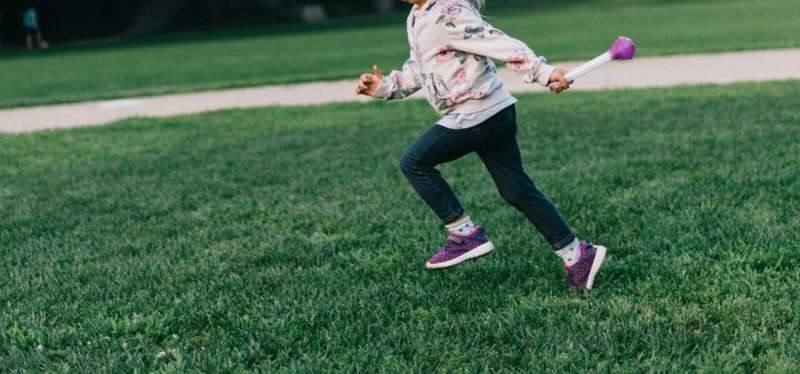Supporting Grieving Children Returning to School: Parental Guidance

Guidance for parents on how to support children coping with grief as they return to school after tragedies, emphasizing normalizing emotions, maintaining routines, and seeking community support.
As children face the return to school following devastating events like the July 4 floods in Texas, many may grapple with intense feelings of grief and loss. It’s common for children to notice the absence of classmates or to feel anxious about re-entering familiar environments without friends who have been affected. An expert from Baylor College of Medicine, Dr. Laurel Williams, emphasizes the importance of parental support to help children process their emotions during this challenging time.
Children’s reactions to grief vary widely depending on their age and developmental stage. Young children, especially those under five, typically do not possess a strong understanding of time, permanence, or the concept of death, which often allows them to resume routine activities more quickly. In contrast, elementary school-aged children may show signs of physical distress such as stomachaches, headaches, or reluctance to engage in familiar activities, often accompanied by feelings of nervousness or fears about safety. Adolescents, with their advanced cognitive abilities, might experience prolonged sadness, especially if they lost someone close.
Parents are encouraged to observe their child's behavior and ask open-ended questions to understand their emotional state. "You know your child best, and if something feels different, it’s important to check in,” advises Dr. Williams. Allowing space for children to grieve and express their feelings is crucial. Grief is a process that can fluctuate from day to day, and normalizing these emotions helps children cope.
It’s vital to reassure children that grief is a normal reaction and not something that necessarily requires professional intervention unless the symptoms persist or worsen. For children with pre-existing mental health issues, open communication with their therapists is recommended to ensure appropriate support. Dr. Williams notes that treatment for trauma should be approached carefully, especially in the first six to eight weeks, to allow natural healing to occur.
Maintaining routines and continuity provides a sense of safety. Parents should avoid drastic changes and instead incorporate remembrance activities that honor loved ones and foster positive memories. Community and support groups can be especially beneficial for children, offering a space where they can share their experiences with peers who understand their grief.
If a child's grief interferes significantly with daily functioning, or if there are signs of heightened anxiety, sleep disturbances, or concentration issues, consulting a pediatrician or mental health professional is advisable. Support from the community, family, and healthcare providers can make a significant difference. Remember, grief is a personal process, and with compassionate support, children can find their way through it.
Stay Updated with Mia's Feed
Get the latest health & wellness insights delivered straight to your inbox.
Related Articles
Exercise as a Powerful Tool to Alleviate Depression and Anxiety in Children and Teens
New research demonstrates that regular physical activity can effectively reduce depression and anxiety symptoms in children and adolescents, providing a low-cost, accessible mental health support strategy.
Understanding the Impact of Addictive Screen Use on Youth Mental Health
New research reveals that addictive patterns of social media and mobile device use, rather than total screen time, are linked to increased suicide risk and mental health issues among youth. Understanding these behaviors is essential for effective interventions.
Study Reveals Sex-Specific Genetic Factors in Depression, Showing Women at Greater Risk
New research reveals significant genetic differences in depression between women and men, with women carrying higher genetic risk factors. These findings may lead to more personalized and effective treatments for depression tailored by sex.
Empathy in Youth During War: Understanding the Hidden Mental Health Risks
Explore how empathy, a vital trait, can become a hidden mental health risk for young people during war, based on a decade-long study in Israel highlighting the importance of tailored psychological support.



